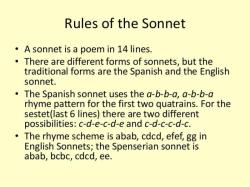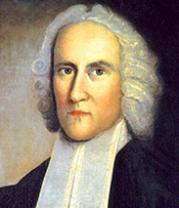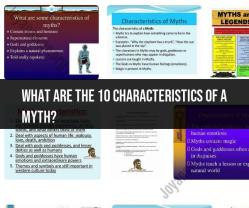What does Aristotle mean by action in drama?
Aristotle, the ancient Greek philosopher, contributed significantly to the understanding of drama through his timeless principles. Central to his dramatic theory is the concept of action. Let's explore Aristotle's notion of action in drama, its significance, and its interpretation:
1. Aristotle's Poetics
In Aristotle's influential work Poetics, he laid out his ideas on the components of effective drama. He emphasized the importance of a well-structured plot, which he considered the soul of a tragedy. Aristotle believed that the most important element of a plot is its action.
2. Significance of Action
Aristotle's notion of action, also known as the plot, refers to the sequence of events that constitute the story. He believed that a successful tragedy is characterized by a unified and tightly constructed plot that follows a clear cause-and-effect chain. The action drives the plot forward and engages the audience's emotions and intellect.
3. Interpretation of Action
Aristotle identified three critical aspects of a well-constructed action:
- Beginning, Middle, End: The action should have a clear beginning, a development that builds tension and complexity in the middle, and a satisfying resolution at the end.
- Cause and Effect: Each event in the action should be logically connected to the preceding and subsequent events, creating a cause-and-effect chain that maintains the audience's interest.
- Unity: The action should be unified, with no unnecessary or unrelated elements. Every part should contribute to the overall plot and theme.
4. Impact on Dramatic Writing
Aristotle's emphasis on action revolutionized the way playwrights approached dramatic writing. His principles have guided generations of playwrights in creating compelling narratives with engaging plots. The notion of action encourages writers to carefully structure their stories, develop characters, and orchestrate events for maximum dramatic impact.
Conclusion
Aristotle's notion of action in drama remains a cornerstone of dramatic theory. It highlights the significance of a well-crafted plot with a clear cause-and-effect structure. By understanding and applying Aristotle's principles of action, playwrights and creators continue to captivate audiences with emotionally resonant and intellectually stimulating dramas.













